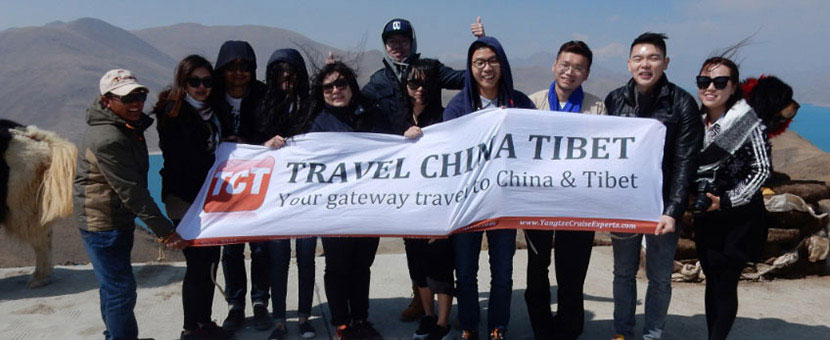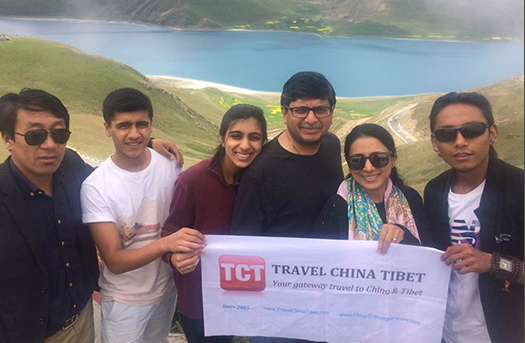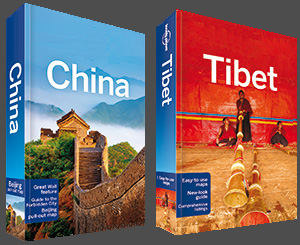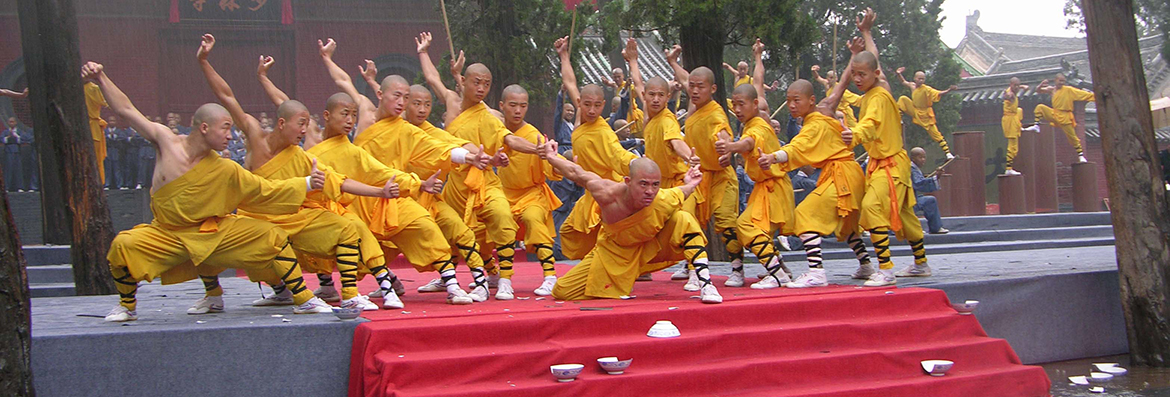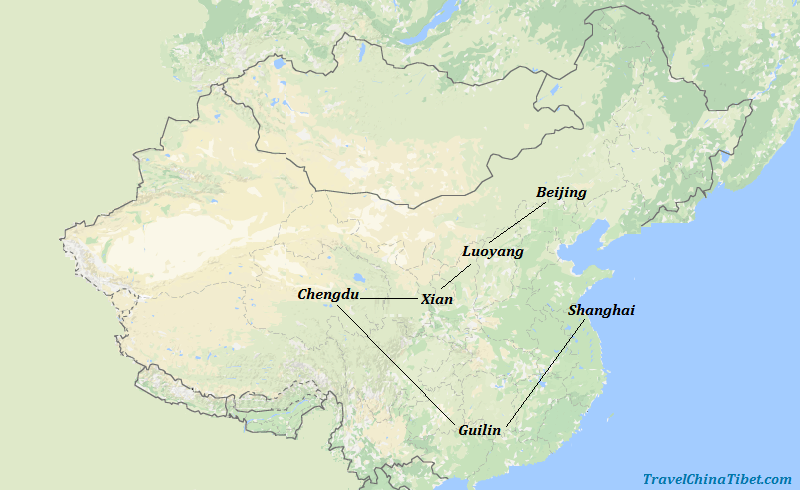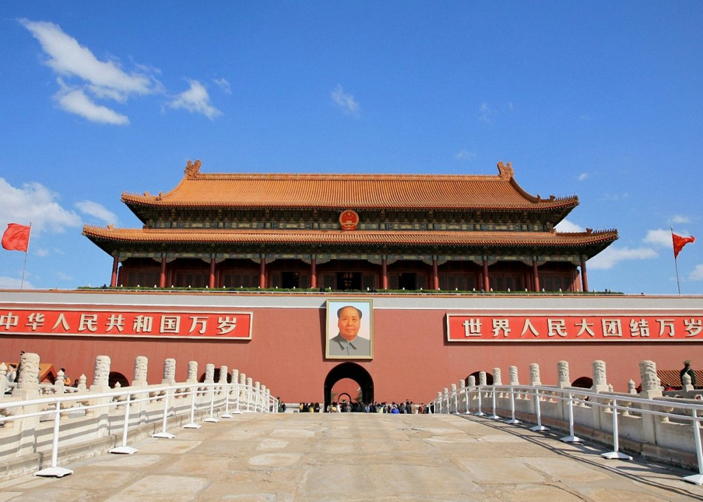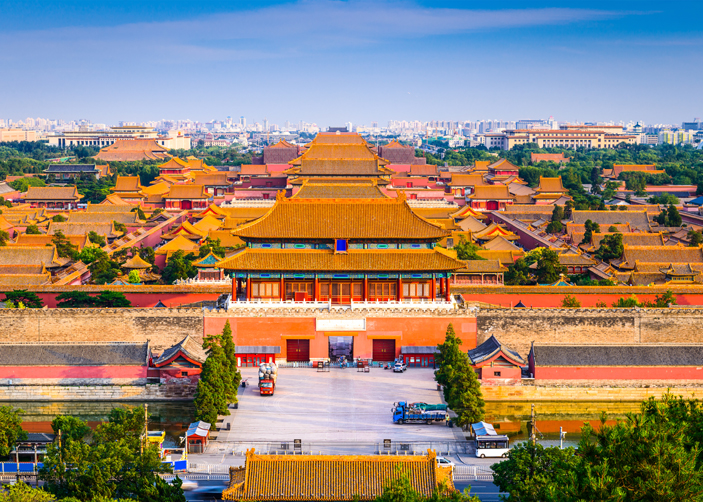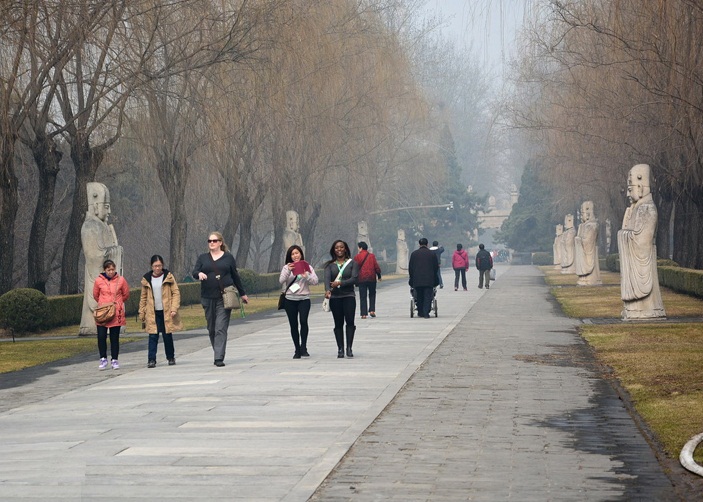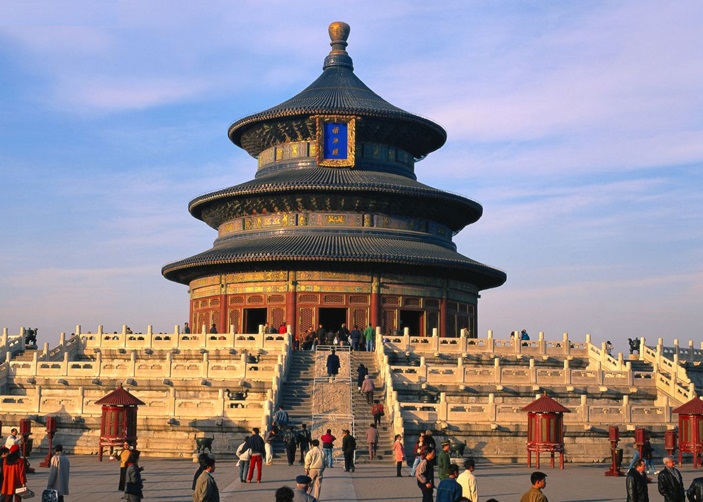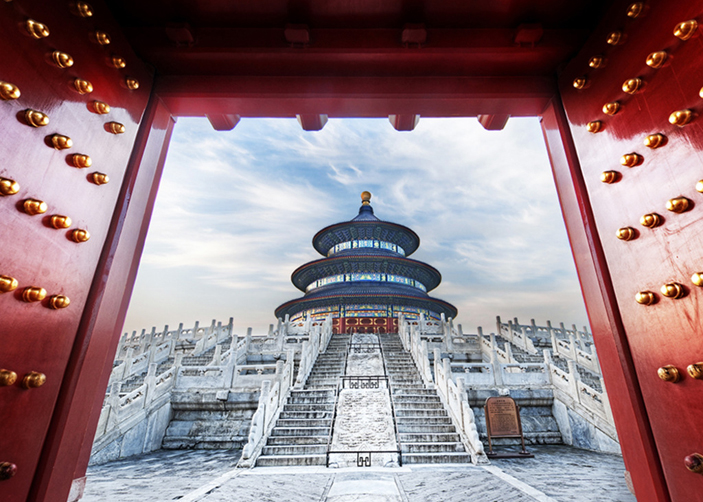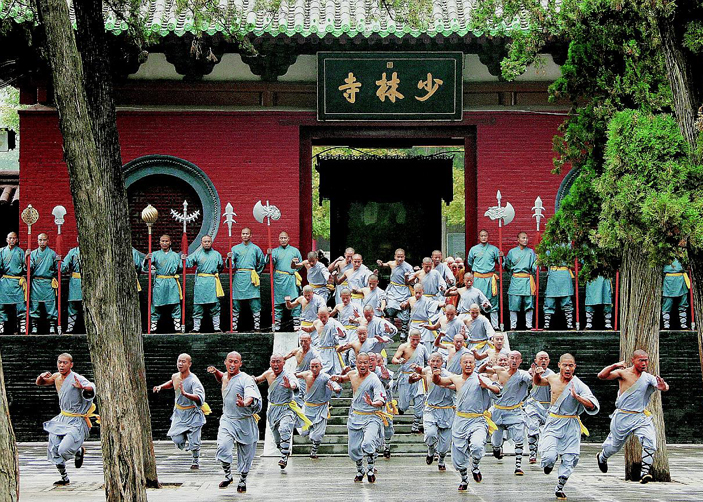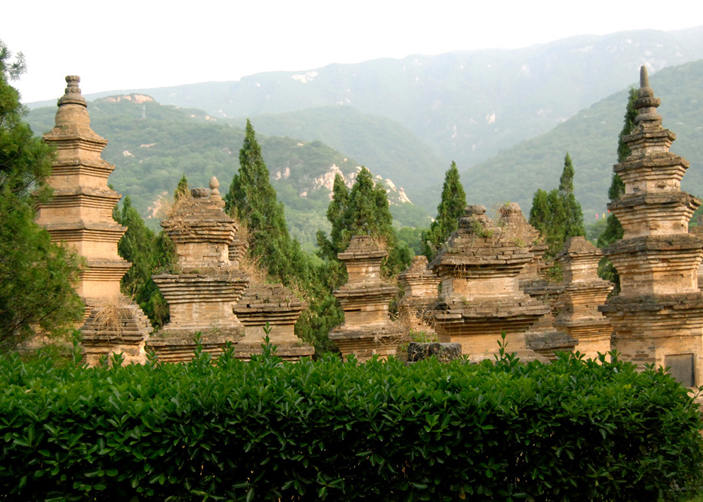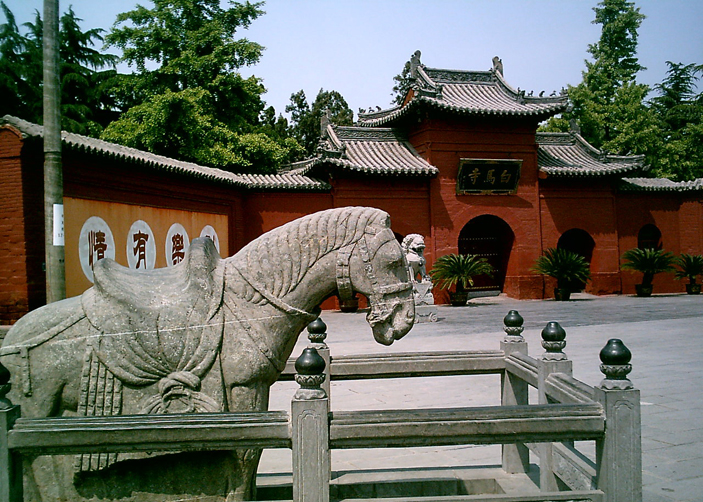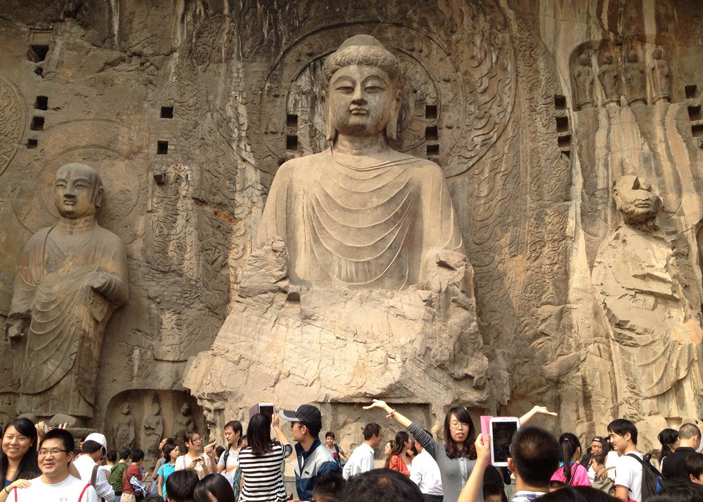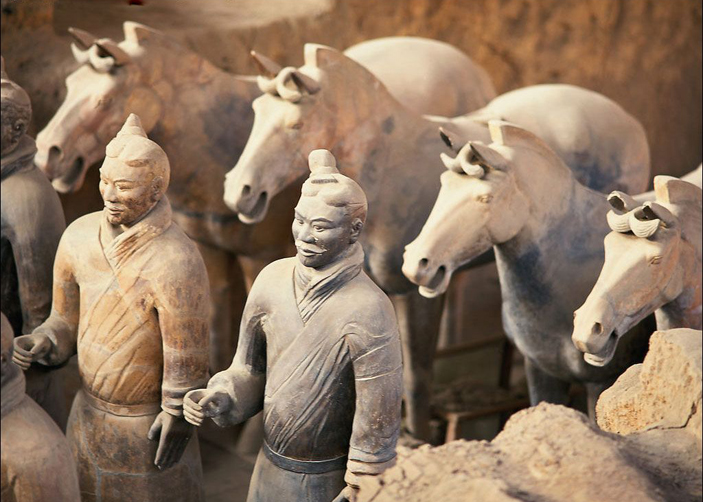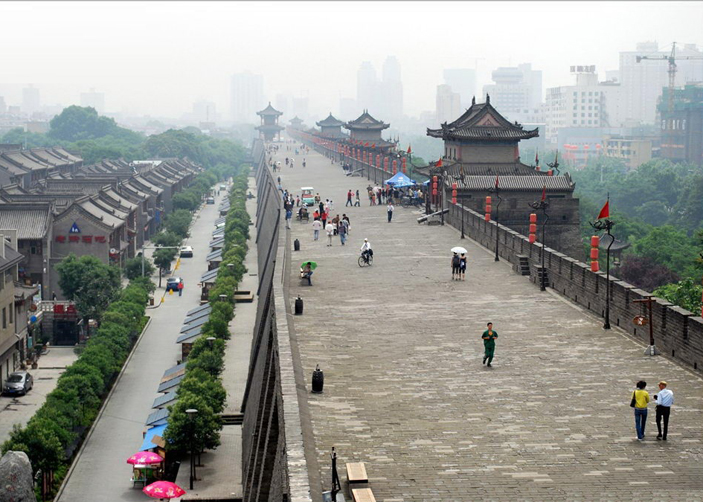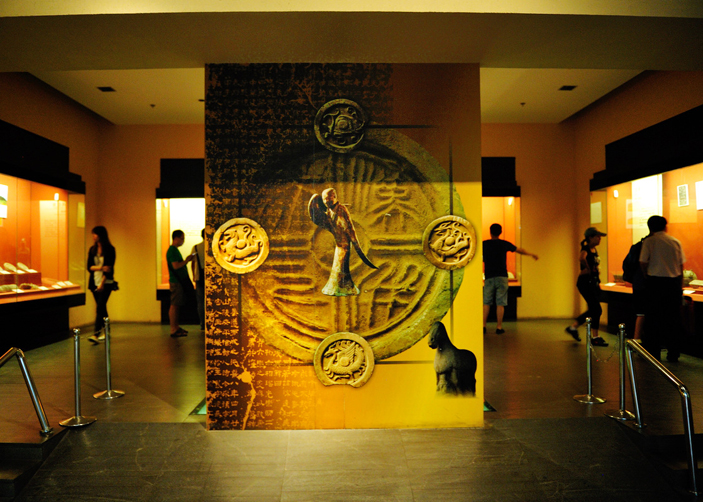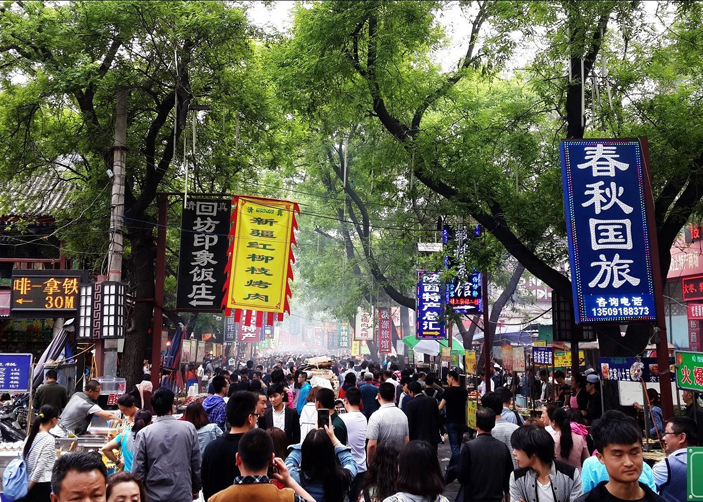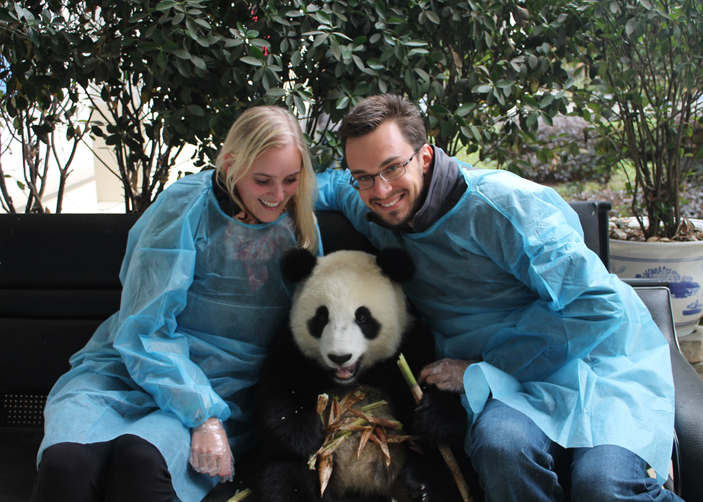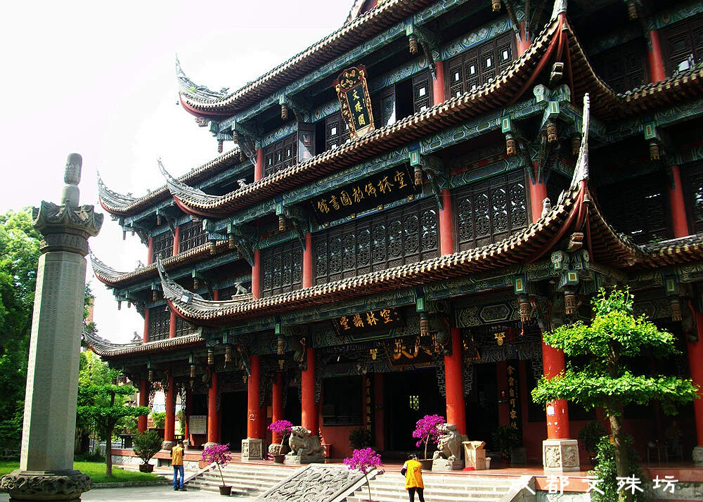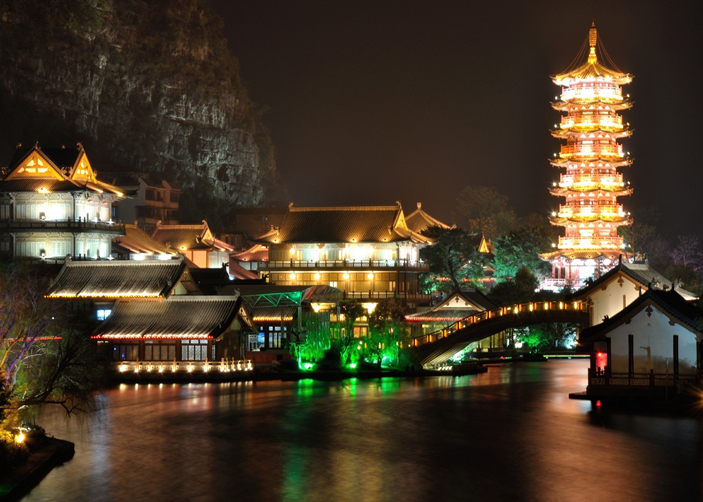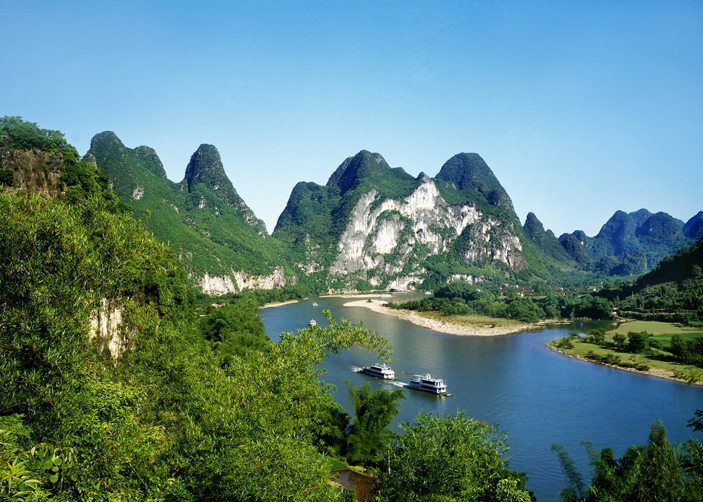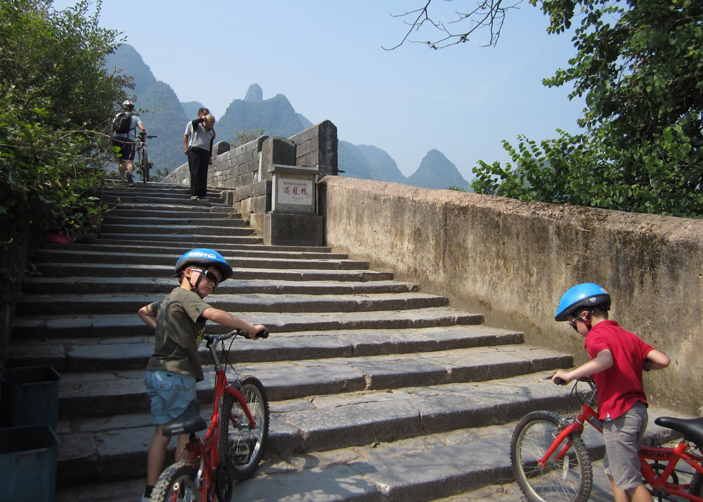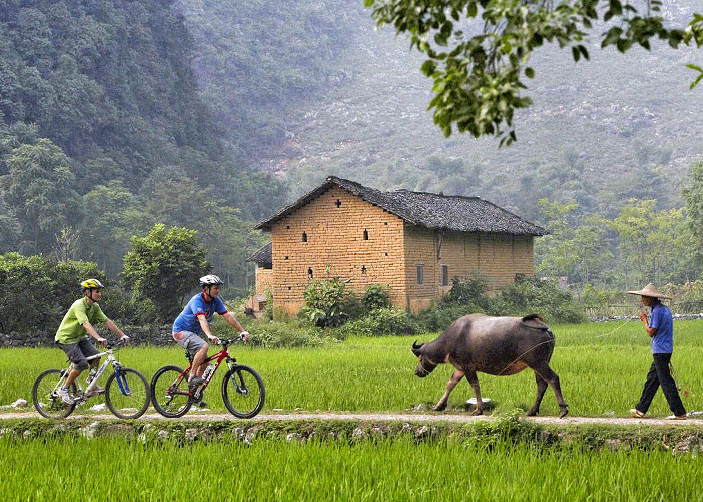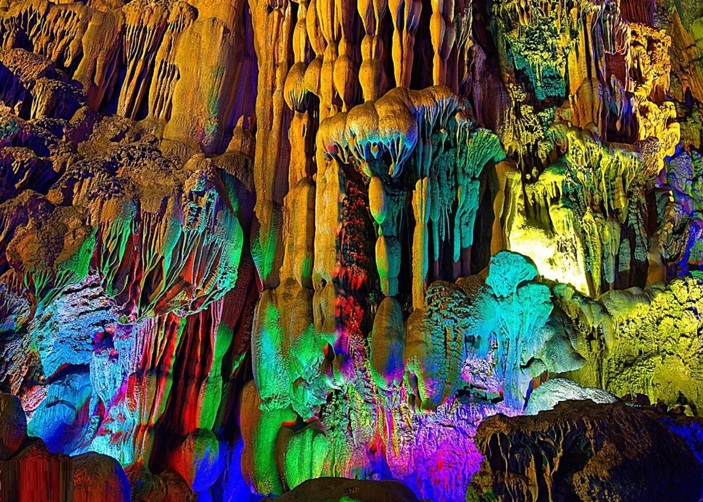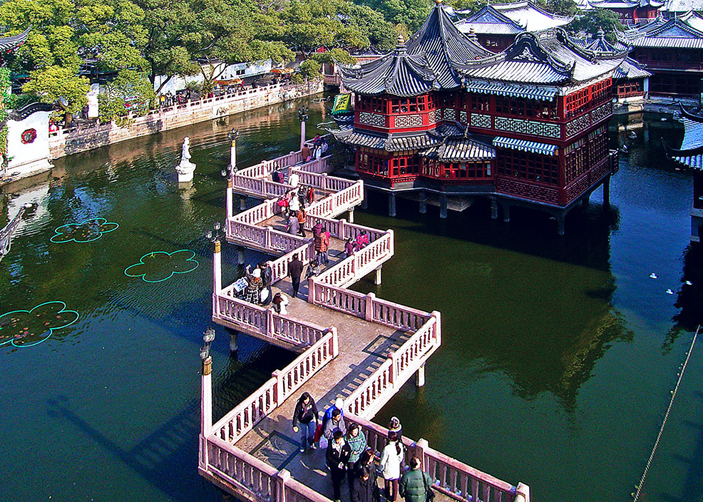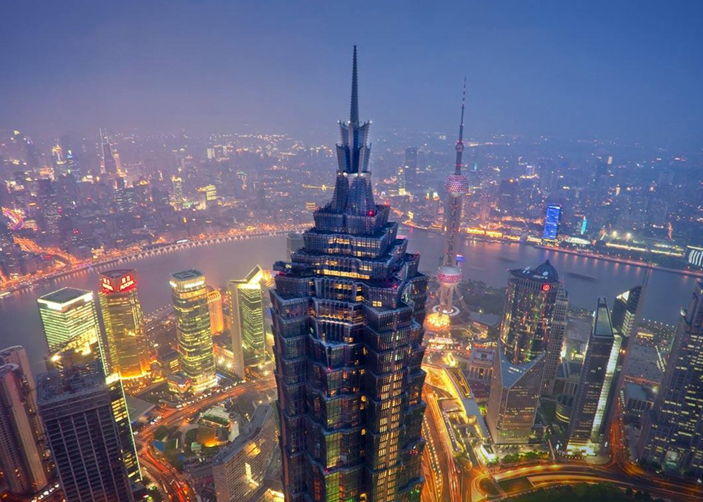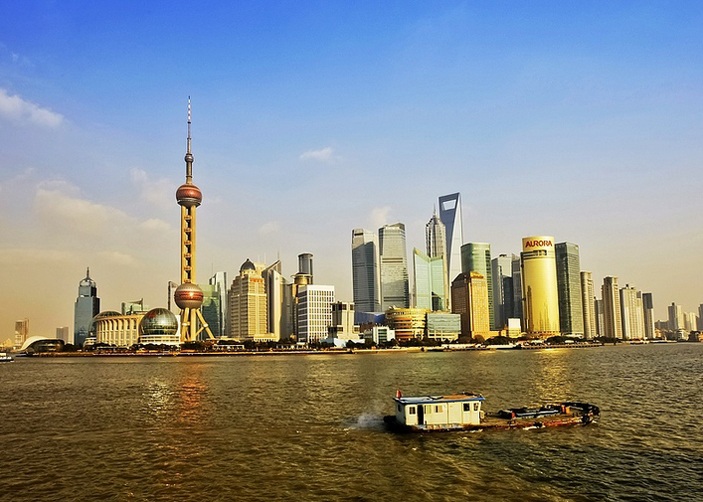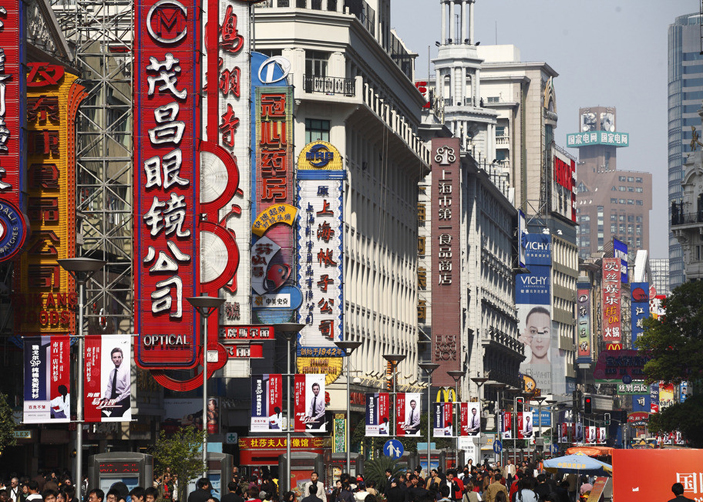Highlights: On this day, you will visit the Chengdu Research Base of Giant Panda Breeding, followed by a trip to the Wenshu Temple where you can spend some time sitting in its tea house enjoying a cup of traditional Chinese tea and absorb the special atmosphere of Chengdu and Jinli Old Street.
Note: Recommended optional night show---Sichuan Opera with face–changing. (RMB260=USD43/per)
Chengdu Panda Base: The Giant Panda Breeding Research Base is about 10 km away from downtown Chengdu, and it can be reached in about 35 minutes by taxi. The Giant Panda Museum is located at the base, and it is the world’s only museum that focuses entirely on the critically endangered giant panda. The museum’s collection includes displays of panda habitat and of pictures of pandas, and there are many scientific displays that give visitors a comprehensive education on their characteristics, habitat and distribution in the wild, and China’s conservation and breeding efforts. The museum also exhibits books and scientific literature that authors around the world have written about giant pandas throughout history.
Wenshu Temple: The Wenshu Temple is a famous Buddhist temple located in the northwest of Chengdu. Its predecessor was the Tang Dynasty Miaoyuan Pagoda Temple, which was renamed “Xinxiang Temple” in the Song Dynasty. Later it was destroyed in war. It is said in the Qing Dynasty red light was reported to have appeared at the place. The government officers then assigned personnel to find out about it. And it was discovered that the image of Bodhisattva Manjusri (Wen Shu) appeared in the red light. So in the 36th year of Emperor Kangxi’s reign (1697), fund was raised to rebuild the temple, which has been since then named the Wenshu Temple. There were two Chinese characters “Kong Lin” (empty forest) autographed by Emperor Kangxi, together with an imperial seal inscribed with “Konglin Chici (Kong Lin bestowed by the Emperor)”. Emperor Kangxi’s writing is still kept in the temple.
Jinlin Old Street: Jinli Old Street is one of the oldest shopping streets in Sichuan Province, and it can be traced back to the Three Kingdoms Period, over 1,800 years ago. Being one of the oldest commercial streets in China, Jinli Old Street is also a great place for people to fully appreciate Sichuan's customs, and folk arts. Visitors can try the indigenous foods and snacks, witness paper-cutting, clay figurines, and Shu embroidery.
Recommended Optional Sichuan Opera Show: Sichuan Opera (paid add-on show (RMB260=USD43/per)) is an important part of Chengdu culture. Besides the normal singing, and martial arts, Sichuan Opera has many unique features that set it apart, features such as fire breathing, changing faces, and juggling pottery. When enjoying the performance, visitors always amaze at different facial make-ups that are changed fast and mysteriously.
